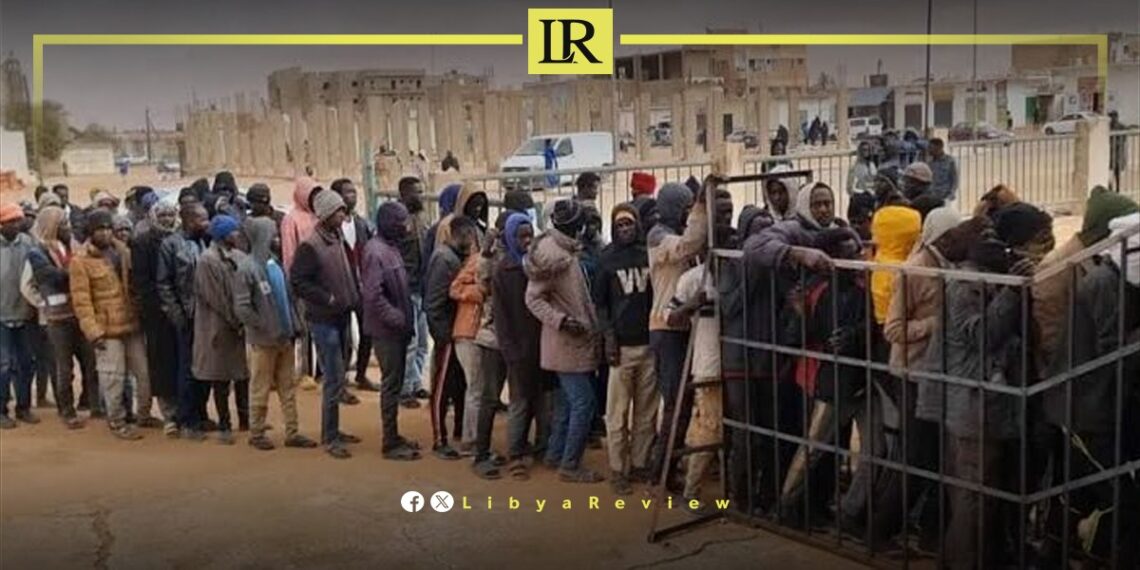Since April 2023, Libya has witnessed a significant influx of Sudanese refugees, with estimates indicating that over 101,479 individuals have crossed into the country, according to the UN ReliefWeb.
According to recent updates, 30,707 of these refugees were registered post-conflict, bringing the total number of Sudanese registered by the United Nations High Commissioner for Refugees (UNHCR) in Libya to 50,082.
The majority of these refugees have entered through kufra, a key entry point, where authorities report that between 300-400 new arrivals are documented daily. It is estimated that around 65,000 Sudanese have passed through this region alone.
The challenge of accurately counting the refugees is compounded by several factors. The irregular nature of their entry, the absence of comprehensive data sharing by authorities, and the extensive and remote land border Libya shares with Chad, Egypt, and Sudan all contribute to the difficulty.
Additionally, many refugees move towards cities along the Libyan coast, seeking safety and stability, further complicating tracking efforts.
The situation underscores the urgent need for a coordinated response to manage the refugee influx effectively and ensure that adequate support and resources are available to those who have fled conflict and instability in their home country.
Libya has been in chaos since a NATO-backed uprising toppled longtime leader Muammar Gaddafi in 2011. The county has for years been split between rival administrations.
Libya’s economy, heavily reliant on oil, has suffered due to the ongoing conflict. The instability has led to fluctuations in oil production and prices, impacting the global oil market and Libya’s economy.
The conflict has led to a significant humanitarian crisis in Libya, with thousands of people killed, and many more displaced. Migrants and refugees using Libya as a transit point to Europe have also faced dire conditions.
The planned elections for December 2021 were delayed due to disagreements over election laws and the eligibility of certain candidates. This delay has raised concerns about the feasibility of a peaceful political transition.
Despite the ceasefire, security remains a significant concern with sporadic fighting and the presence of mercenaries and foreign fighters. The unification of the military and the removal of foreign forces are crucial challenges.


